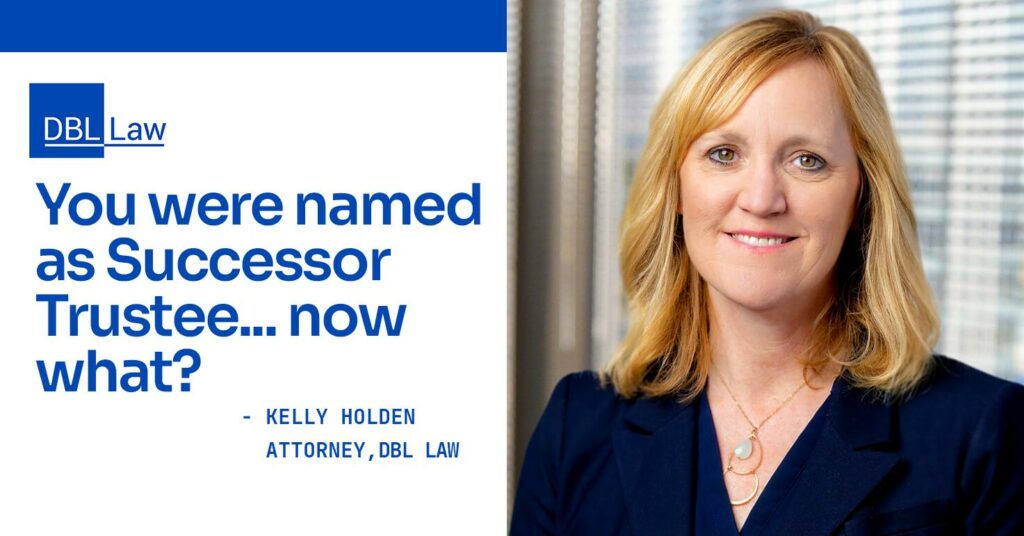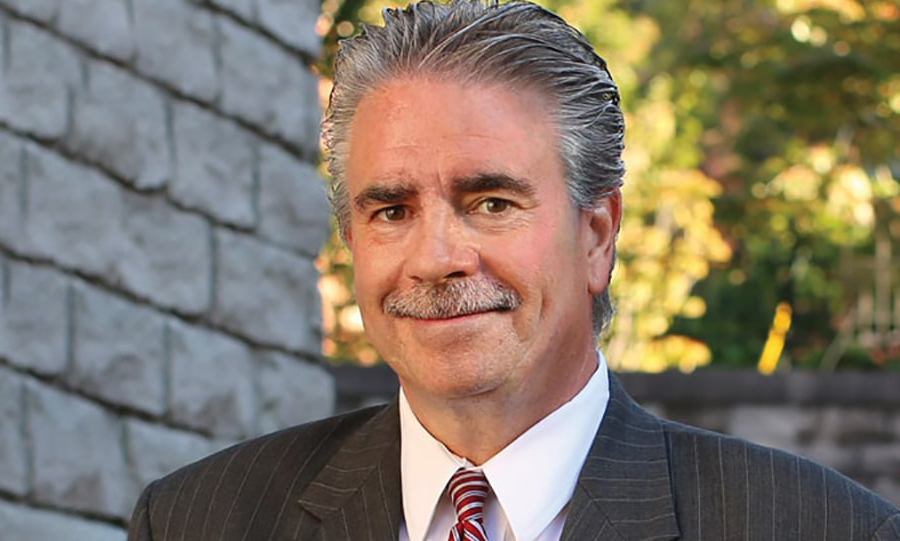
After the death of all of the Grantors of a living trust, the following steps may need to be taken by the successor Trustee depending on the assets and state law:
- Trustee to Inform Beneficiaries. The trustee should make information available to trust beneficiaries by sending a written letter with the following information:
- Provide a copy of the trust agreement;
- Notify all beneficiaries that he or she is serving as trustee of the trust and provide his or her address and telephone number; and
- Keep trustees reasonably informed of actions taken pursuant to the Trust terms.
- Inventory of Trust Assets. All of the assets comprising the trust estate should be inventoried and a fair market value for those assets established as of the date of the Trustor’s death.
- Protect Assets. Any tangible personal property or real property which is part of the trust estate needs to be made secure. Residential real property needs to be cared for, including management of utilities, maintenance of the grounds, and protecting contents. Occupancy of the residence by a third party should be considered. The property should be sold quickly unless it has been bequeathed to someone.
- Liquidate Assets. All assets that belong to the Trust should be liquidated and the funds deposited into a Trust Account. (The variety of assets and how to liquidate will vary greatly depending on the property in the Trust)
- Life Insurance. Contact life insurance companies to make a claim for those benefits.
- Liabilities. Determine what liabilities exist and make payment of those required.
- Trust Account. Open a trust account at a bank or credit union to deposit all Trust assets until distribution can be made to beneficiaries in accordance with trust terms.
- Tax Returns. A qualified CPA should be employed to take care of the estate and trust returns as required. Under almost all cases, a federal taxpayer identification number must be obtained, for trust administration, banking, and tax reporting matters.
- Taxes. The decedent’s final income tax return (both state and federal) needs to be filed.
- Distribution of Trust Estate Assets. After payment of all expenses, debts, and all property is sold and accounts liquidated, the trust estate can be distributed.
- Miscellaneous Matters.
- Death certificates should be obtained either from the funeral home. You will need an original death certificate for each state in which the decedent held real property. You may need additional originals to liquidate certain accounts.
- Social Security should be notified to stop payments and to arrange for eligible death benefits. Typically, the funeral director handles this task, but the trustee should ensure that this is the case.
- All insurance companies which issued policies on the life of the Trustor should be notified with a death certificate.
- The Trustor’s safety deposit box should be opened and inventoried.
- All credit cards should be cancelled.
- All mail should be forwarded to the successor trustee.
- Verify insurance policies for liability and fire.
- Cell phone account should be cancelled.
- Inventory all social media accounts and close, if necessary




